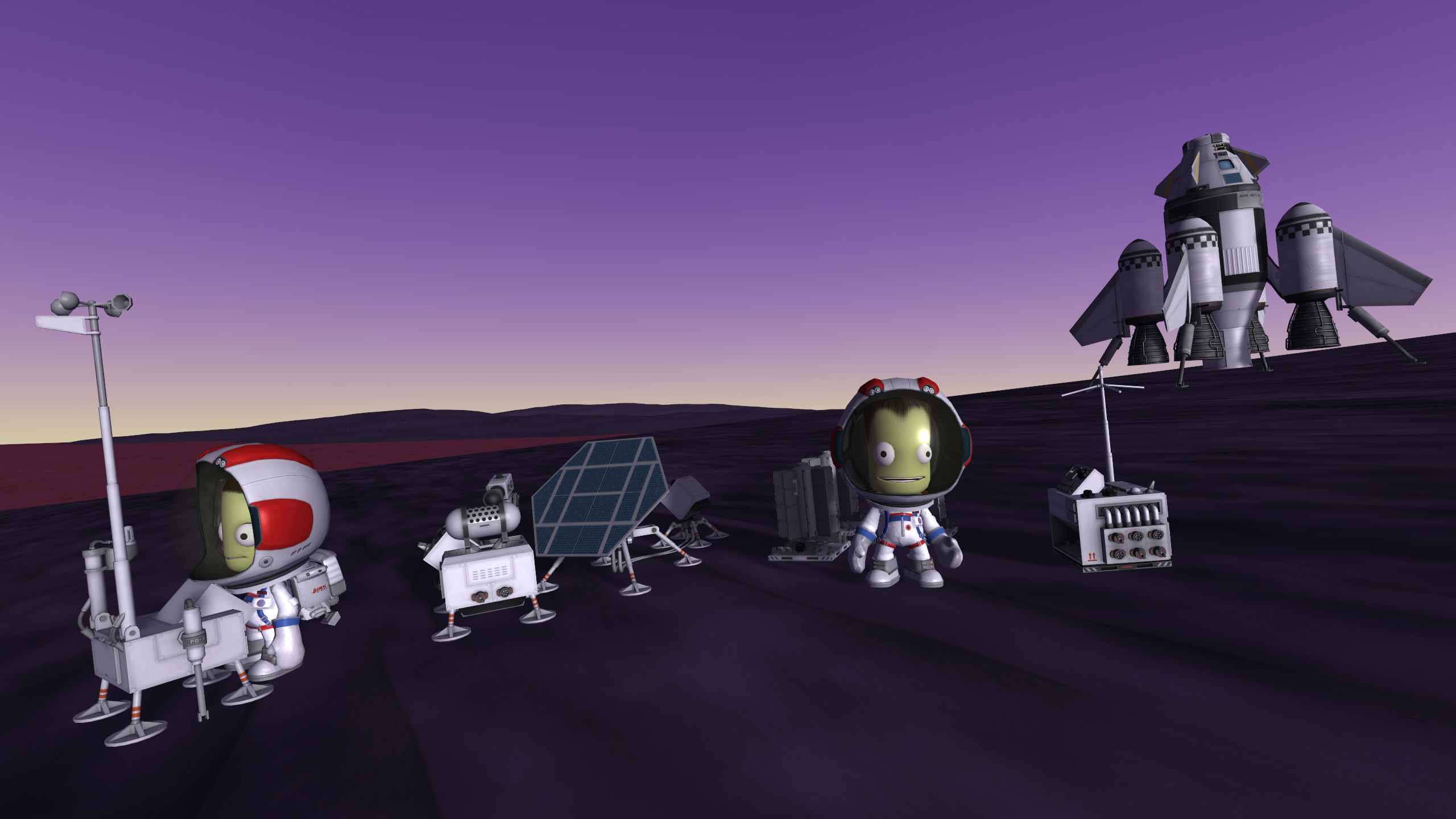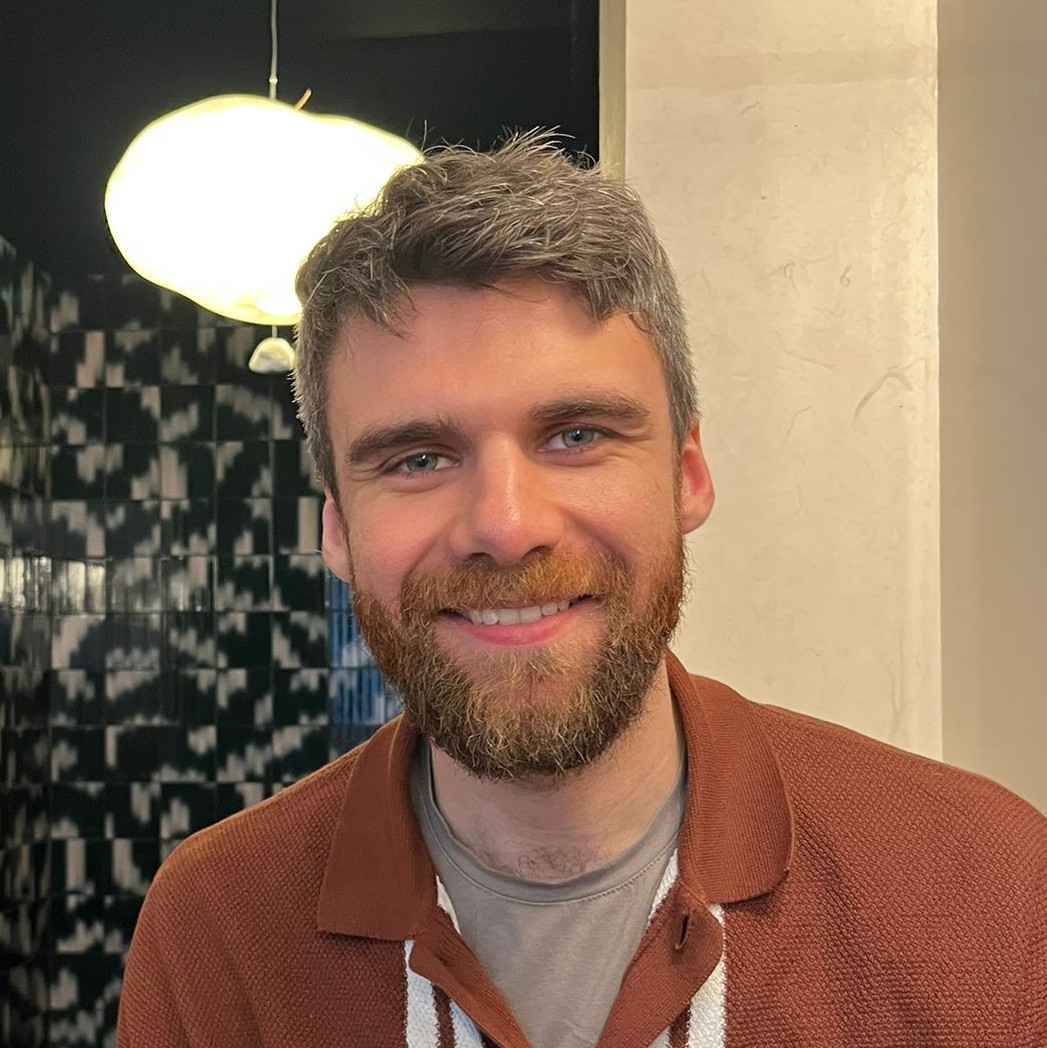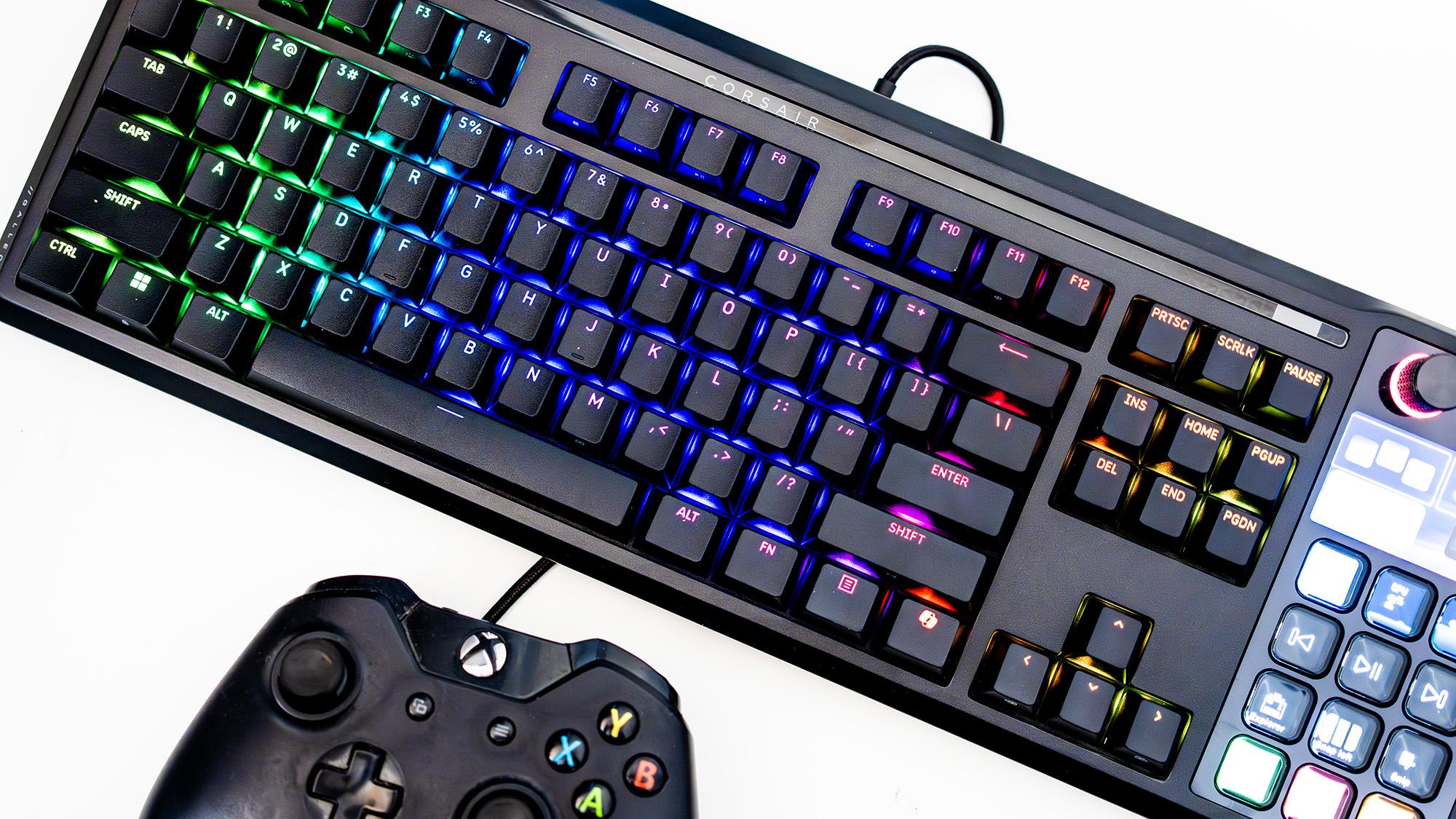Kerbal Space Program's second expansion, Breaking Ground, is out now
Gizmos and gadgets for when you land on another planet.
Keep up to date with the most important stories and the best deals, as picked by the PC Gamer team.
You are now subscribed
Your newsletter sign-up was successful
Want to add more newsletters?

Every Friday
GamesRadar+
Your weekly update on everything you could ever want to know about the games you already love, games we know you're going to love in the near future, and tales from the communities that surround them.

Every Thursday
GTA 6 O'clock
Our special GTA 6 newsletter, with breaking news, insider info, and rumor analysis from the award-winning GTA 6 O'clock experts.

Every Friday
Knowledge
From the creators of Edge: A weekly videogame industry newsletter with analysis from expert writers, guidance from professionals, and insight into what's on the horizon.

Every Thursday
The Setup
Hardware nerds unite, sign up to our free tech newsletter for a weekly digest of the hottest new tech, the latest gadgets on the test bench, and much more.

Every Wednesday
Switch 2 Spotlight
Sign up to our new Switch 2 newsletter, where we bring you the latest talking points on Nintendo's new console each week, bring you up to date on the news, and recommend what games to play.

Every Saturday
The Watchlist
Subscribe for a weekly digest of the movie and TV news that matters, direct to your inbox. From first-look trailers, interviews, reviews and explainers, we've got you covered.

Once a month
SFX
Get sneak previews, exclusive competitions and details of special events each month!
Kerbal Space Program, still one of the best games you can play on PC today, has brought out its second-ever expansion, Breaking Ground, which gives you more things to do once you touch down on another planet.
You'll get booster antennae, solar panels, weather stations, seismometers, ion detectors, a device that analyzes goo and other equipment to deploy after you land. They'll collect data that you can relay back to Kerbin, learning more about the place you're visiting. The seismometer particularly takes my fancy: to get a reading, you have to deliberately crash things into the surface. Check out some of the gizmos in action in this trailer from last week.
You'll also find new surface features, such as meteors, craters, rock outcroppings, and cryovolcanoes. You can pick some of them up—rocks, not volcanoes, presumably—and bring them back home for further testing. Any that you can't take home will have to be analyzed on-site, either with your Kerbals or with unmanned rovers, which have new robotic arms to scan the area around them.
Lastly, the expansion adds new items to plug into your crafts, such as hinges, pistons and rotors. You'll get a robotics controller system to make sure they all work together.
It certainly sounds substantial, and the fact it's only the second expansion since Kerbal Space Program came out in 2015 makes it feel like a big deal. Making History, the first expansion, was very good indeed—check out Ian's review here.
It's $15/£13 on Steam.
Keep up to date with the most important stories and the best deals, as picked by the PC Gamer team.
Samuel is a freelance journalist and editor who first wrote for PC Gamer nearly a decade ago. Since then he's had stints as a VR specialist, mouse reviewer, and previewer of promising indie games, and is now regularly writing about Fortnite. What he loves most is longer form, interview-led reporting, whether that's Ken Levine on the one phone call that saved his studio, Tim Schafer on a milkman joke that inspired Psychonauts' best level, or historians on what Anno 1800 gets wrong about colonialism. He's based in London.



